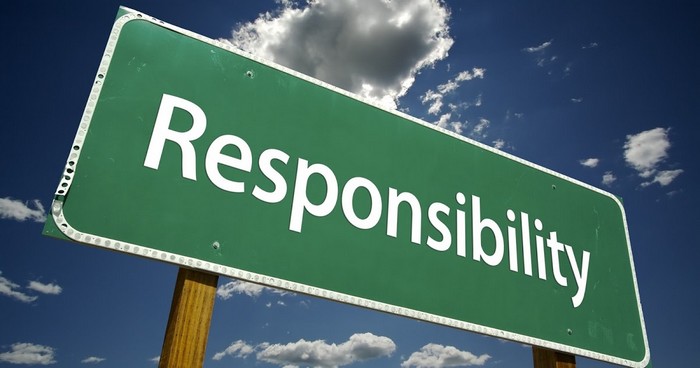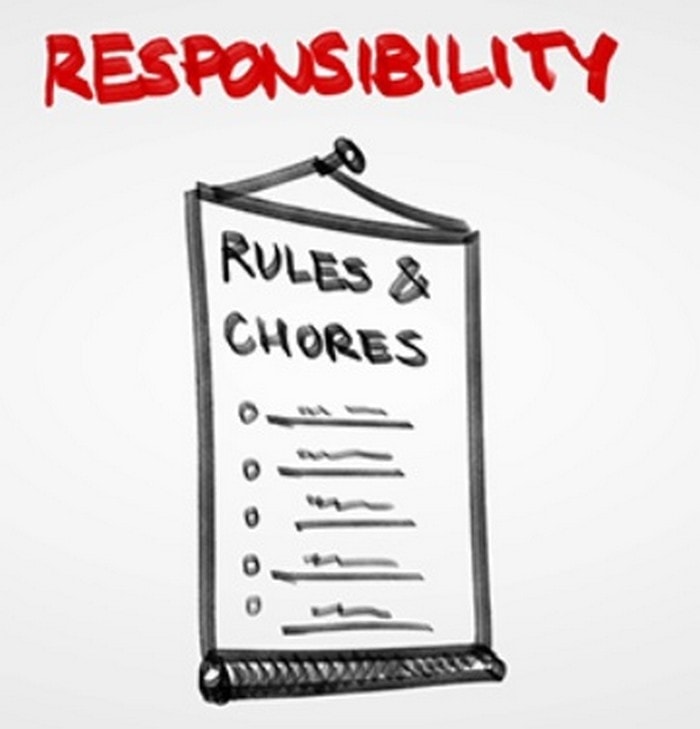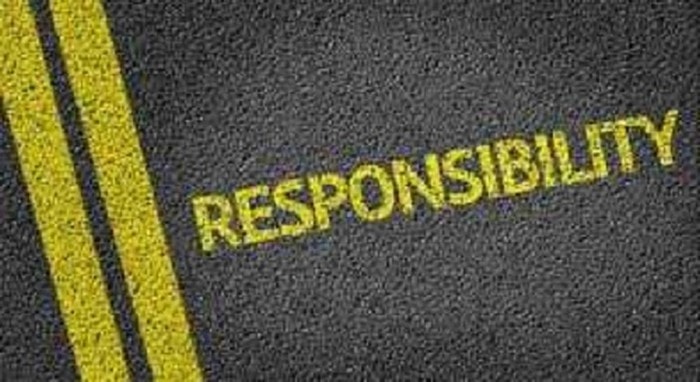
Mastering Diffusion of Responsibility: Factors, Examples & Solutions

Diffusion of responsibility is a psychological phenomenon that occurs in social settings It refers to the tendency for individuals to feel less responsible for their actions when others are present This can lead to inaction or a lack of intervention in situations where help is needed Factors such as group size and anonymity can exacerbate this effect Overcoming diffusion of responsibility requires awareness and personal accountability
In social situations, individuals may experience diffusion of responsibility, a psychological phenomenon where they hesitate to take action due to the presence of others. This can stem from an attributional belief that others are more capable or responsible. This phenomenon is common among many people.
This phenomenon is often referred to as the bystander effect, where individuals within a group may act as bystanders and refrain from offering any assistance to a person in need.
As a result, individuals in a group may feel less accountable for their actions and less likely to take responsibility for the group's outcomes. This phenomenon is especially prevalent in larger groups, where the lack of a clear leader can lead to indecision and inaction.
Psychologists suggest that the diffusion of responsibility occurs for two significant reasons. One reason is that an individual in a group assumes that someone else will take action, leading to their own inaction. The other reason is that they believe they will not be held accountable for their inaction because others have also failed to act. Both of these perspectives contribute to creating bystanders.
Related: The Importance of Delegation
Examples of Diffusion of Responsibility
There are several examples to explain the concept of diffusion of responsibility. Suppose you are out for your morning walk and suddenly see someone fainting.
When faced with the situation of someone in need, it is easy to feel a sense of obligation to help. However, when others are present, that sense of responsibility may diminish. Instead of stepping forward, it's common to take a step back and rely on someone else to take action.
In situations where there is a group or crowd, the diffusion of responsibility phenomenon often occurs. People tend to assume that someone else will take charge and provide assistance to those in need. For instance, if a manager assigns a project to a team without a designated leader to allocate tasks, the team members may fall into the trap of expecting others to take responsibility. This can result in incomplete or delayed projects, as everyone waits for someone else to act.
Related: Marketing Mix of Honeywell International Inc
Factors affecting the Diffusion of Responsibility
Factors that can impact the diffusion of responsibility among individuals have been studied extensively. One such factor is the lack of clarity in thought processes, which can create a dilemma and prevent individuals from acting in a normal manner.
As the number of people in the crowd increases, the likelihood of anyone stepping forward to offer assistance decreases. This is because individuals tend to wait for someone else to take action, leading to a diffusion of responsibility.
When faced with helping a stranger, people may hesitate to offer aid due to the anonymity of the situation. However, if the person in need is someone they know, individuals are more likely to take action and offer assistance.
When witnessing someone in distress, individuals are more likely to offer assistance if the person calls out to them directly or makes eye contact. However, if the individual is a part of a group, there is a decreased likelihood of them stepping forward to provide aid. In certain circumstances, individuals may step outside of their comfort zone to offer help even if they are not qualified to do so. Conversely, if the individual is not qualified, there may be a diffusion of responsibility.
If the individuals within a crowd are influenced by biases surrounding gender, social status, race, or physical appearance, the phenomenon of diffusion of responsibility is likely to occur. In situations where a male is seeking assistance, the diffusion of responsibility tends to be greater. However, when a female is in distress, individuals are more inclined to step forward and offer aid, even if it is done begrudgingly.
Understanding and overcoming the Diffusion of Responsibility
Understanding the concept of diffusion of responsibility can motivate individuals to take action in the event of an incident. This can lead to positive outcomes and a shift in the collective mindset. According to research, personalized requests are more effective in eliciting a response than mass emails or messages. When individuals receive personalized communication, they are more likely to provide the necessary information in a timely manner. Therefore, to minimize diffusion of responsibility, it is recommended to make personal contact and request assistance.
In situations of discrimination and income inequality, the concept of diffusion of responsibility is often observed. It is crucial to recognize this phenomenon and learn how to combat it in order to take a proactive approach. By taking individual responsibility and making small efforts, we can collectively reduce the diffusion of responsibility among people.
One of the major factors contributing to diffusion of responsibility among employees is the lack of incentive to perform better. This is because their hard work does not translate to a significant increase in their salary. To address this issue, an employer can offer personalized incentives and remuneration to motivate their employees to perform their best and minimize the diffusion of responsibility.
Encouraging personal empathy towards others can be a powerful tool in combating the diffusion of responsibility. If you witness behavior that goes against your moral code, don't wait for others to take action. It is important to take personal responsibility and act, especially in situations such as witnessing someone making inappropriate comments towards a girl, even if others in the group are affected by the diffusion of responsibility.
Related: Customer to the business model of marketing
Characteristics of Diffusion of Responsibility
The basic characteristic of diffusion of responsibility is as follows-
Individuals in a crowd often experience a diffusion of responsibility, as it is easier to shift the blame onto others who are present rather than taking personal responsibility and potentially feeling guilty for inaction. This can lead to a lack of action as individuals may assume that someone else will step in to help, allowing them to easily walk away from the situation.
This phenomenon is known as the bystander effect, where individuals in a group are less likely to intervene or take action in an emergency situation due to the belief that someone else will do it.












